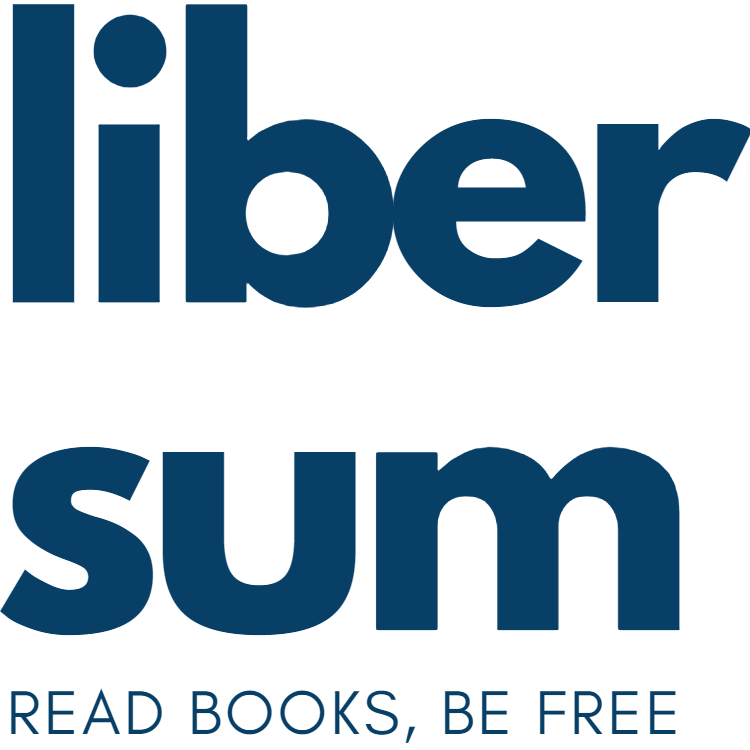“Of all ridiculous things the most ridiculous seems to me, to be busy,” wrote Kierkegaard and we find it hard to disagree. This month, we would like to help ease your return to work after the holiday with our tongue-in-cheek collection, “Ditch Productivity!”. It will invite you to reconsider how and why you work and how you spend your free time. It may also help you find beauty in the ordinary and embrace the power of spontaneity. So keep calm and read on! 😊
The Art of the Wasted Day - Patricia Hampl
What better way to “ditch productivity” than allowing yourself to daydream again, just as you did as a child? In “The Art of the Wasted Day”, Patricia Hampl encourages us to pay attention to life and to permit ourselves to be slow, relaxed, and dreamy without feeling guilty about it.
This wonderful book follows some great thinkers and daydreamers on their journeys in search of the purpose of life. Does the pursuit of happiness ever truly lead to its discovery? Or is it merely a matter of checking off items on an endless to-do list, hoping that they will bring us closer to it? In this book, Patricia Hampl invites us to reflect on how to take things in, let them go, and pay attention to life’s seemingly “insignificant” details instead of constantly filling (or killing?) time with tasks and obligations.
Status Anxiety - Alain de Botton
How can you possibly “ditch productivity” when there is a career to build, competitors to overcome, and status to attain? How can one relax while trapped in the daily rat race? If you happen to be thinking along these lines, Alain de Botton’s “Status Anxiety” might be just what you need. In this witty and engaging book, de Botton examines a phenomenon you may have observed: the paradoxical disconnect between our level of affluence and that of happiness. Drawing from a rich array of sources, de Botton explains how we ended up where we are - incessantly striving for status and consistently being frustrated by not attaining as much as others.
Trying not to try - Edward Slingerland
Have you ever noticed that the harder you try to reach a goal, the more unattainable it becomes? But once you relax and stop trying, it suddenly comes within your grasp. In “Trying not to Try,” Edward Slingerland—an eminent sinologist and philosopher—explains and analyses this phenomenon through the notion of “wu-wei.” Found in various schools of Chinese philosophy, this term denotes acting without premeditation or strong intention in a spontaneous manner. Slingerland intertwines Asian philosophy with recent scientific findings to elucidate how and why this concept can help a Western reader learn the art of “going with the flow”.
The Book of Disquiet - Fernando Pessoa
Fernando Pessoa (1888 - 1935) was a Portuguese modernist writer who wrote under approximately 75 different names and identities known as “heteronyms.” These were not mere pseudonyms but distinct personalities with unique “voices,” biographies, and literary influences. Some even had their own sub-identities and pseudonyms.
The Book of Disquiet is not so much a novel as it is a philosophical journal of one of Pessoa’s alter-egos, Bernardo Soares, a heteronym that closely resembles the author’s own personality. The book is a compilation of vignettes where Soares recounts his dreams, reflects on his experiences, contemplates life in Lisbon, ponders the nature of life and death, and explores the pleasures of idleness. It is simultaneously humorous, introspective, and melancholic. This is not a book to be consumed quickly; rather, it is one to be savoured, read slowly and “unproductively.”
The Unconsoled - Kazuo Ishiguro
“The Unconsoled” is one of Kazuo Ishiguro’s most peculiar novels. Reading it may feel like navigating that dream where you suddenly recall that the deadline to submit your thesis is tomorrow, and you have not even started working on it. At once ridiculous, funny, and biting, this is a book about lost opportunities, wasted time and striving for a future that never arrives. Ishiguro masterfully shows that all our fears and anxieties live on regardless of the status or success we may achieve. Indeed, such achievements actually fail to substitute what really matters in life. This book will likely stick with you more than you expect and will urge you to reconsider our incessant need to strive, only to witness our lives slipping between our fingers.
